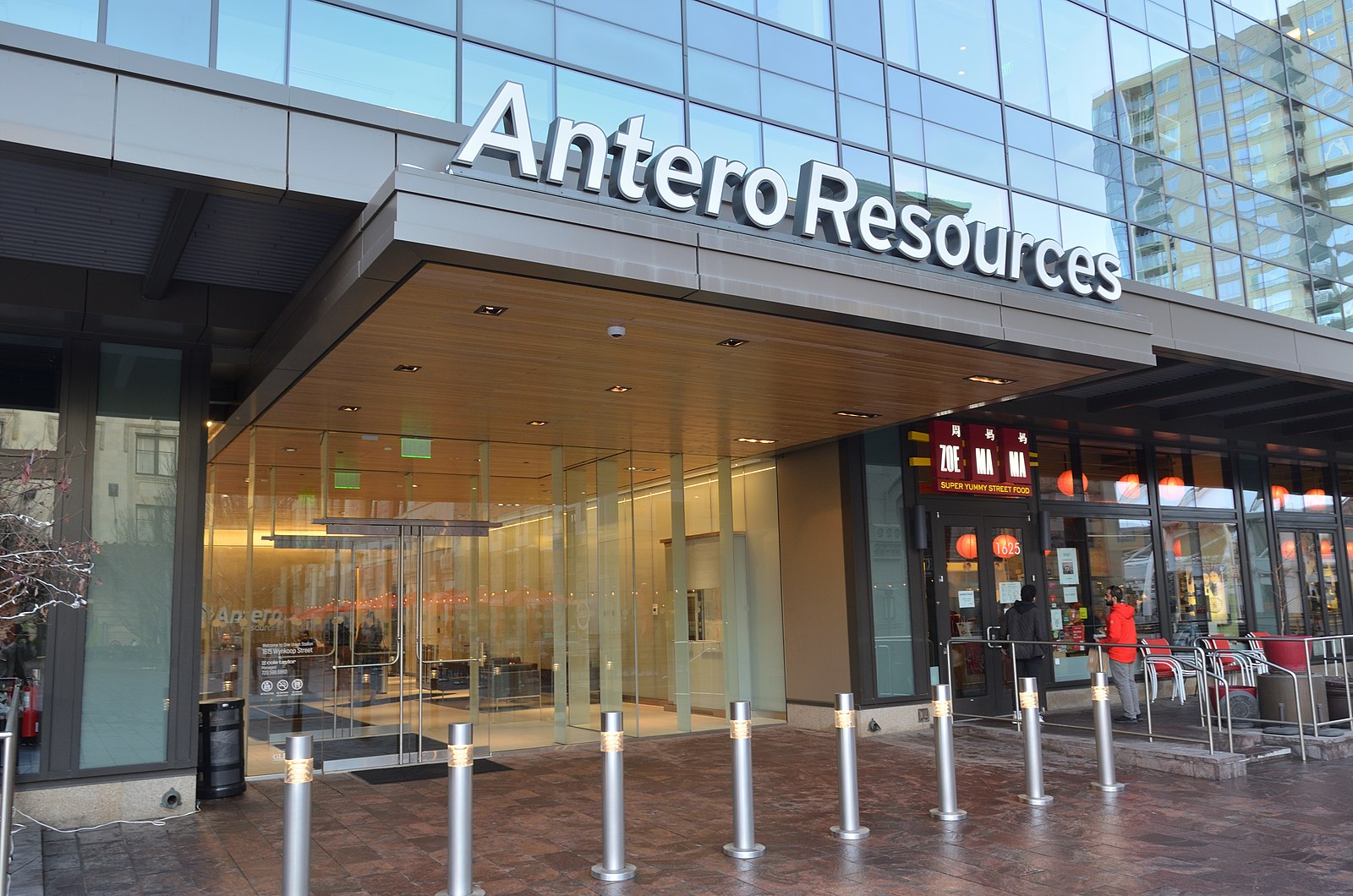Despite criticism, Yale holds investment again in fracking giant
Antero Resources reappeared in Yale’s latest 13F filing with the Securities and Exchange Commission.

Wikimedia Commons
Two years after selling off its $80 million equity stake in the Appalachian fracking corporation Antero Resources, Yale again has millions of dollars in investment holdings in the company, according to the University’s latest 13F form.
The University’s Dec. 31, 2021 Securities and Exchange Commission filing states that Yale held $41 million worth of shares in the fracking company at the end of 2021. Previously, Antero Resources had not appeared on Yale’s filings since the last quarter of 2018, after there were widespread calls for divestment from student activists, including those from the Endowment Justice Coalition. A recent Yale School of Public Health study found that the carcinogenic chemicals used in fracking — which is the process of extracting natural gas or oil from shale — can contaminate the air and water in nearby communities.
A representative for the Yale Investments Office said that the office has a policy of not commenting on individual investments.
The news was met with criticism from the Endowment Justice Coalition, a Yale student activist group which filed a complaint on Feb. 16, 2021 alleging that the University’s continued investments in the fossil fuel industry violate state law.
“I’m shocked and dismayed by Yale’s decision to invest tens of millions of dollars in Antero, a fossil fuel corporation with a horrifying track record of violations of environmental law, threatening our planet and our futures,” said Josephine Steuer Ingall ’24, a member of the Endowment Justice Coalition. “There is no justification for an academic institution to seek to profit from activities which are rapidly rendering our planet uninhabitable. Yale must, must, must do better.”
Antero first appeared on the University’s 13F filings in the second quarter of 2015. The University’s equity stake in Antero soared as high as $230 million at the end of the second quarter of 2016. At the end of the third quarter of 2018, Yale held $78 million worth of Antero stock, the filings revealed. Yale reduced these direct holdings by 99 percent during the end of 2018 and only held $357,000 of Antero stock at the end of the fourth quarter of 2018.
The drop in investments came after a February 2018 teach-in where student activists criticized Yale’s investments in the fossil fuel industry, especially in Antero Resources. At the event, Rachel Calnek-Sugin ’19 said that after Yale invested in Antero, dozens of other universities followed suit, in part due to the reputation of Yale’s then-Chief Investment Officer David Swensen.
Antero then disappeared from the University’s 13F filings, starting in the first quarter of 2019. Yale is not required to report public securities for which it holds fewer than 10,000 shares or less than $200,000 in aggregate fair market value.
But Yale’s most recent 13F form showed a sharp rise in Antero holdings, and the University had a $41 million stake in the corporation at the end of 2021.
These filings only represent the investments made directly by staff in the Yale Investments Office, and do not show endowment investments made by external investment managers.
“Sometimes investors rethink their strategy based on changing circumstances, and circumstances have certainly changed,” said Charles Skorina, founder of an investment management firm that works with endowments and foundations. “The Yale Investments Office knew Antero from its prior investment in the company and may have felt that additional gas energy investments made sense given the upward trend in oil and gas prices and the difficulty in bringing renewable energy online.”
Skorina is not associated with the Yale Investments Office.
Antero is a member of several voluntary industry programs aimed at “reducing climate change risks,” according to a sustainability statement on its website. These associations include the EPA Natural Gas STAR Program, ONE Future and the Environmental Partnership, an initiative of the United States natural gas and oil industry.
Antero Resources Corporation and its affiliated company, Antero Midstream, have received 11 environmental violations since 2010. In a 2019 settlement, Antero paid $3.15 million in civil damages for allegedly violating the Clean Water Act after 32 hydraulic fracking operations in West Virginia disposed of their waste products into U.S. waters.
Yale’s Advisory Committee on Investor Responsibility recommends fossil fuel producers that should no longer be eligible for investment by the Yale Endowment based on a set of criteria. The principles state that fossil fuel producers must “operate in a manner consistent with best industry practices to reduce GHG emissions” and “support sensible government regulation and industry self-regulation addressing climate change” to be eligible for Yale investment.
While the committee recently added fossil fuel companies ExxonMobil and Chevron to the list of companies ineligible for Yale investment due to ethical concerns, Antero is not currently on that list.
“Once again, Yale must answer for its practice of investing in fracking companies even as Yale researchers raise awareness about the links between fracking and numerous risks to public health and the environment,” EJC member Moses Goren ’23 said.
The stock price of Antero Resources Corporation rose 133.98 percent over the past year.







